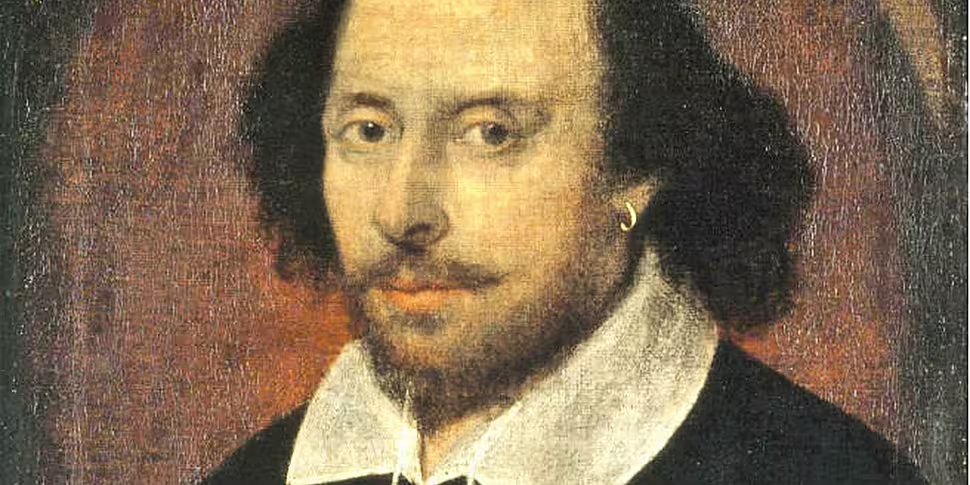In 1517 Martin Luther began the Protestant Reformation with the publishing of The Ninety-Five Theses. For more than a century Europe would be ripped apart as this schism divided nations, towns, and households according to faith and ideology. In 1534 England became a part of the Reformation after King Henry VIII seceded from Rome and established the English monarch as the Supreme Head of the Church of England.
This break with the papacy would have brutal repercussions as England became embroiled in the European Wars of Religion. This burden fell most heavily on Henry’s daughter Elizabeth who ruled from 1559-1603. The previous reign of her brother Edward VI had seen the Church of England truly reformed. Yet he was immediately succeeded by his ardently Catholic sister Mary and her husband Philip II of Spain who set about stamping out English Protestantism.
This violent oscillation meant the realm Elizabeth inherited was deeply divided along sectarian lines. Matters got worse after Pius V issued the Papal Bull Regnans in Excelsis and England became shrouded in intrigue and paranoia as tales abound of Spanish agents, Catholic plots, and assassins abroad in the land. With Elizabeth’s spymaster ever vigilant to potential threats it was a dangerous time to be too open about your religion.
The Merchant of Venice, Act 3, Scene 1
One of the most famous figures from this time is the poet, actor, and dramatist William Shakespeare. Regarded as one of the greatest authors and playwrights in history Shakespeare was highly revered during his own time and enjoyed great success and royal favour. Despite this fame and the vast collection of works he penned, very little is clearly discernible about Shakespeare’s personal beliefs.
The scale of religion’s role both socially and personally at the time make this question of faith very important. Today academics continue to debate Shakespeare’s own religious standing and the implications this has on his works and how they should be interpreted. Was Shakespeare an ardent follower of the established church? Or did his moral alliance lie in a power other than the English monarch?
Join 'Talking Books' as Susan talks with Professor David Scott Kastan about his latest book, A Will to Believe: Shakespeare and Religion, and the moral philosophy of this giant of English literature. What was Shakespeare’s religious belief? And did this faith, hidden or otherwise, shape and affect his artistic and dramatic vision?
Spring Tide
In the second part of the show Susan speaks with Swedish crime writing duet, Cilla and Rolf Börjlind. Long established as two of the leading script writers for crime and thrillers in, movies and television, their characters, plots, and style have earned them critical and popular acclaim. In 2012 they published their first novel, Spring Tide, which sees the police career of Olivia Rönning begin amid a serious crime wave in Nordkoster.
As Rönning tries to solve the cold case of a pregnant woman drowned at high tide she starts a thrilling ride fraught with danger, violence, and the promise of an ugly truth yet to be revealed. Listen back as Susan talks with Cilla and Rolf about this thrilling book and what it was like writing it.









